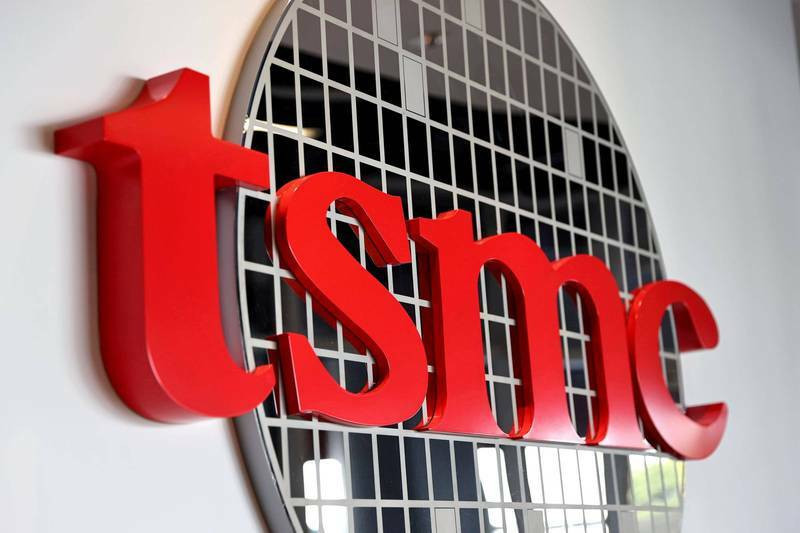TSMC will mass produce 2nm process chips in 2025.
(Reuters)
[Compile Wei Guojin/Taipei Report] The South China Morning Post reported that in 2025, only TSMC will be able to mass-produce 2nm chips for major consumer electronics manufacturers in the world. Taiwan's economy will undoubtedly gain huge benefits from trade with the West.
In contrast to China, if the US-led export controls continue to be implemented, China will face long-term challenges, because China may not be able to obtain any advanced chips below 7 nanometers.
Some industry analysts predict that Taiwan's semiconductors are progressing so rapidly that China will work on ways to compete technologically with Western countries that rely on Taiwan, the report said.
"If the U.S. continues to control the export of high-end chips to China, China will face long-term challenges because China may not be able to obtain any advanced chips," said Ben Yeh, an analyst at market research firm Canalys.
Please read on...
TSMC has announced that it will mass-produce 2nm chips from 2025.
Mario Morales, vice president of semiconductor market research group IDC, said Apple may be the first customer for TSMC's 2-nanometer chips and use them in MacBooks.
Ben Yeh pointed out that "regardless of geopolitics, demand for advanced chips usually comes from key customers, such as Apple, which has always maintained a strong relationship with TSMC."
Morales expects that Qualcomm of the United States and MediaTek of Taiwan will also place orders with TSMC after Apple.
Zheng Kai'an, a senior industry analyst at Taiwan's Industrial Intelligence Research Institute (MIC), said, "TSMC's strength in producing 2nm wafers will help Taiwan's semiconductor industry seize more international orders."
Taiwan's technology industry benefits from iPhone production almost every year.
SEMI Taiwan data shows that this year alone, the output value of integrated circuits is expected to increase by 15.6% to 20%, and the output value of this industry is expected to reach US$157.3 billion.
China is expected to learn from Taiwan by attracting talent, establishing international supply chain alliances, and actively promoting research and development, the report said.
Chinese companies currently lack the technology or resources to produce chips with advanced processes below 7nm, and Taiwan prohibits outsourcing advanced chips to China for production.
Analysts believe that Chinese companies are expected to poach top talents in Taiwan to use Taiwan's talent pool to shorten the learning curve for advanced manufacturing.
China may recognize the need for an offshore network to keep pace with other countries' development of advanced chips, said Mark Natkin, managing director of Beijing-based market research firm Marbridge Consulting.
He said, "In the face of such a large and complex global ecosystem, it is better to seek alliances than to fight alone."
Grasp the pulse of the economy with one hand I subscribe to Free Finance Youtube channel
Already added friends, thank you
Welcome to 【Free Finance】
feel good
Already liked it, thank you.
related news
